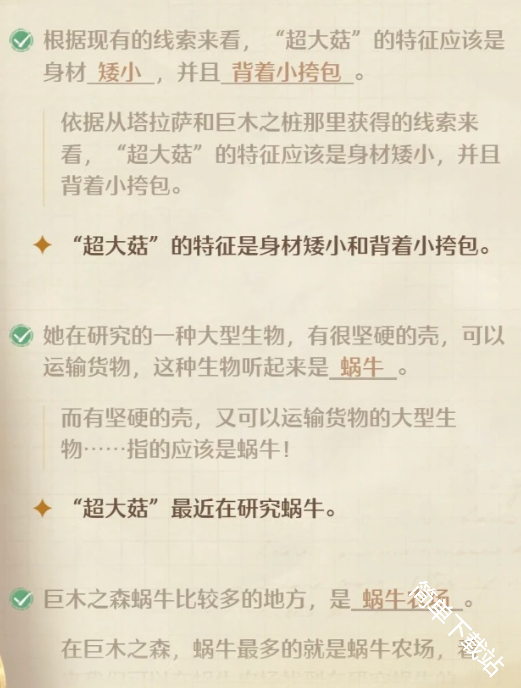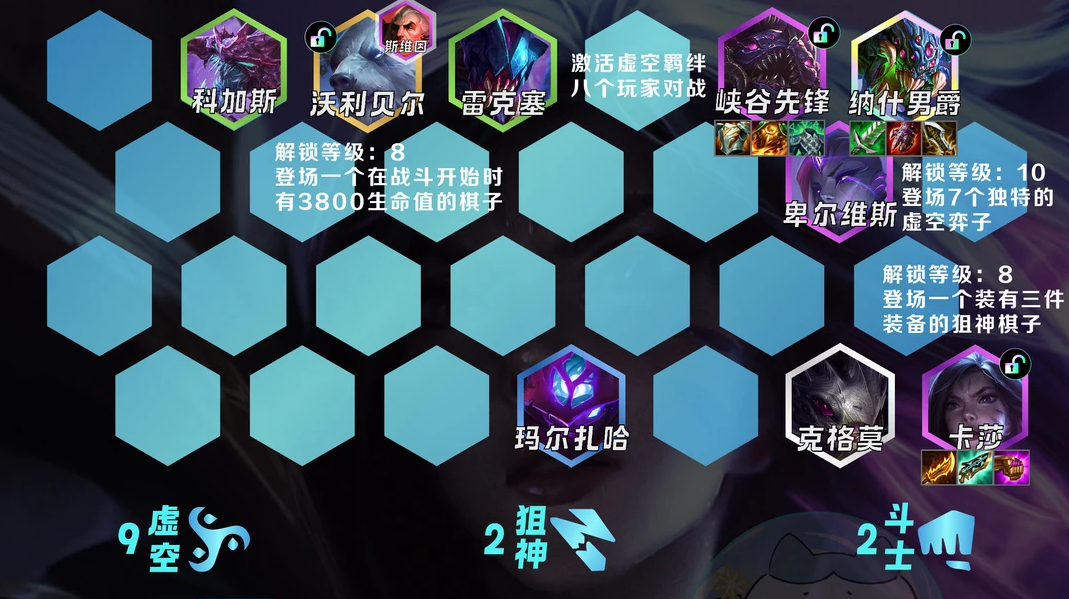37、C++ Primer 4th笔记,特殊工具与技术,类成员指针
时间:2011-05-23 来源:edwardlewiswe
1、成员指针(pointer to member)包含类的类型以及成员的类型。成员指针只应用于类的非static成员。static成员指针是普通指针。通过指定函数的返回类型,形参表(类型和数目,是否为const)和所属类来定义成员函数的指针。
2、使用类成员的指针
类似于成员访问操作符 . 和 ->,.* 和 -> 是两个新的操作符,它们使我们能够将成员指针绑定到实际对象。这两个操作符的左操作数必须是类类型的对象或类类型的指针,右操作数是该类型的成员指针。
• 成员指针解引用操作符(.*)从对象或引用获取成员。
• 成员指针箭头操作符(->*)通过对象的指针获取成员。
示例代码
#include "iostream"
#include "string"
#include "vector"
using namespace std;
class Screen
{
public:
Screen(std::string StrCon = "Here", std::string::size_type myCursor = 12):contents(StrCon), cursor(myCursor){}
typedef std::string::size_type index;
char get() const{return '1';};
char get(index ht, index wd) const{return '2';};
public:
std::string contents;
index cursor;
index height, width;
};
int main()
{
//定义的成员指针从右向左读
string Screen::*ps_Screen = &Screen::contents;
char (Screen::*pmf)() const = &Screen::get;
char (Screen::*pmf1)(Screen::index,Screen::index) const = &Screen::get;
Screen myScreen;
//使用成员函数的指针
char c1 = myScreen.get();
char c2 = (myScreen.*pmf)();
cout << c1 << " " << c2 << endl; // 1 1
Screen *pScreen = &myScreen;
c1 = pScreen->get();
c2 = (pScreen->*pmf)();
cout << c1 << " " << c2 << endl; // 1 1
c1 = pScreen->get(0, 0);
c2 = (pScreen->*pmf1)(0, 0);
cout << c1 << " " << c2 << endl; // 2 2
//使用数据成员的指针
Screen::index Screen::*pIndex = &Screen::cursor;
Screen::index ind1 = myScreen.cursor;
Screen::index ind2 = myScreen.*pIndex;
cout << ind1 << " " << ind2 << endl;
return 1;
}
注意: (myScreen.*pmf)();不能省略括号。因为()的优先级比*高,所以如果省略括号,则解析成:myScreen.*(pmf());这段代码的意思是:调用名为pmf的函数,把函数的返回值绑定到成员对象操作符(.*)的指针。
2)成员指针函数表
函数指针和成员函数指针的一个公共用途是,将它们存储在函数表中。函数表是函数指针的集合,在运行时从中选择给定调用。
示例代码
#include "iostream"
#include "string"
#include "vector"
using namespace std;
class Screen {
public:
// other interface and implementation members as before
//Screen& home(){}; // cursor movement functions
//Screen& forward(){};
//Screen& back(){};
//Screen& up(){};
//Screen& down(){};
int home() {return 1;}
int forward(){return 1;}
int back() {return 1;}
int up(){return 1;}
int down(){return 1;}
public:
// other interface and implementation members as before
// Action is pointer that can be assigned any of the cursor movement members
//typedef Screen& (Screen::*Action)();
typedef int (Screen::*Action)();
static Action Menu[]; // function table
public:
// specify which direction to move
enum Directions { HOME, FORWARD, BACK, UP, DOWN };
Screen& move(Directions);
};
Screen& Screen::move(Directions cm)
{
// fetch the element in Menu indexed by cm
// run that member on behalf of this object
(this->*Menu[cm])();
return *this;
}
Screen::Action Screen::Menu[] =
{
&Screen::home,
&Screen::forward,
&Screen::back,
&Screen::up,
&Screen::down,
};
int main()
{
Screen myScreen;
myScreen.move(Screen::HOME); // invokes myScreen.home
myScreen.move(Screen::DOWN); // invokes myScreen.down
return 1;
}
3、枚举的大小
示例代码
#include "iostream"
#include "string"
#include "vector"
using namespace std;
class A
{
public:
enum MyData{M1, M2, M3, M4};
static int iMy;
};
int A::iMy = 1;
enum MyData{M1, M2, M3, M4};
int main()
{
A Data1;
cout << A::M1 << " " << A::M2 << " " << A::M3 << " "<< endl; //0 1 2
cout << Data1.M1 << " " << Data1.M2 << " " << Data1.M3 << endl; //0 1 2
//cout << A::MyData << endl; //“A::MyData”: 将此类型用作表达式非法
cout << sizeof(A) << endl; //1
cout << sizeof(Data1) << endl; //1
cout << sizeof(MyData) << endl; //4
MyData Data2;
cout << sizeof(Data2) << endl; //4
return 1;
}
枚举的大小为一个整形数据的大小。但是,在类中,求类的大小时,不计算数据成员的大小,同样也不计算枚举成员的大小。类中定义的枚举数据成员可以通过类名和作用域直接引用。
http://www.cnblogs.com/mydomain/archive/2011/04/30/2033483.html
4、我们需要注意的是,静态函数没有this指针。但是,类和类对象共享一份类中定义的静态数据成员。在非静态函数中可以通过this指针来引用这些静态数据成员。
示例代码
#include "iostream"
#include "string"
#include "vector"
using namespace std;
class A
{
public:
void Print()
{
cout << this->iMy << endl;
}
public:
static int iMy;
};
int A::iMy = 1;
int main()
{
A Data1;
Data1.Print(); //1
cout << A::iMy << endl; //1
Data1.iMy = 2;
A Data2;
cout << Data2.iMy << endl; //2
return 1;
}
http://www.cnblogs.com/mydomain/archive/2011/03/22/1991449.html
5、函数指针的赋值
示例代码
#include <iostream>
using namespace std;
char myfun()
{
return '1';
}
char* myfun2()
{
char *p = (char*)malloc(3);
return p;
}
int main()
{
char (*p)() = myfun;
//char* (p1()) = &myfun2; //error,无法从“char *(__cdecl *)(void)”转换为“char *(void)
char* (*p1)() = &myfun2;
//char *p() = myfun(); //注意,这样做是错误的,p被定义为一个函数,返回char*,而不是函数指针。
return 1;
}










